

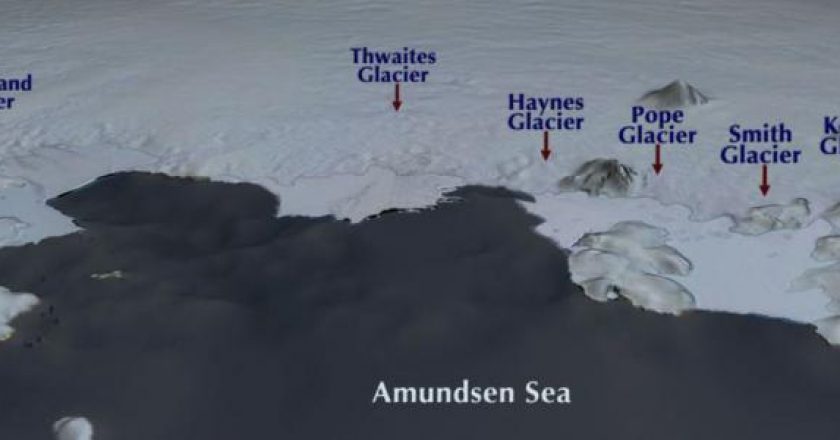
Ice Sheet Tipping Points
Pushing global temperatures past these thresholds can trigger irreversible changes even if we do not add any further CO2 to the atmosphere. These changes may be abrupt or may take hundreds of years, but once the threshold is passed they cannot be reversed.

Ocean Acidification
Ocean acidification threatens the marine food web and coastal communities.

Climate Change and Sports
As the world warms, one often overlooked issue is its effects on sports and recreation. While not as life-threatening as extreme weather or as costly as droughts, climate change’s impacts on sports is something that’s becoming increasingly common.
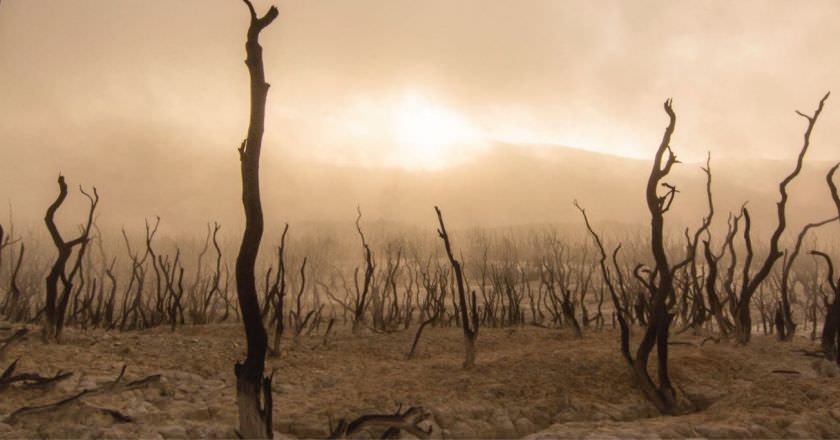
Extreme Heat
One of the clearest findings of climate science is that global warming amplifies the intensity, duration and frequency of extreme heat events.

The Carbon Budget
Following the publication of the latest findings by the Intergovernmental Panel on Climate Change (IPCC), some commentators zeroed in on a short paragraph in the Summary for Policymakers. This brief section lays out a “carbon budget,” defined as the precise quantity of carbon dioxide that humans can emit and still limit warming to 2ºC above pre-industrial levels.

China and U.S. Enter Historic Accord on Climate Change

Southwest

Climate Risk and Spread of Vector-Borne Diseases
Climate change creates new uncertainties about the spread of diseases such as the Zika virus, dengue fever, malaria, and Lyme disease. These illnesses are transmitted by insects known as vectors, including mosquitoes, ticks, and flies.

Climate Change in the Context of International Women’s Day 2016
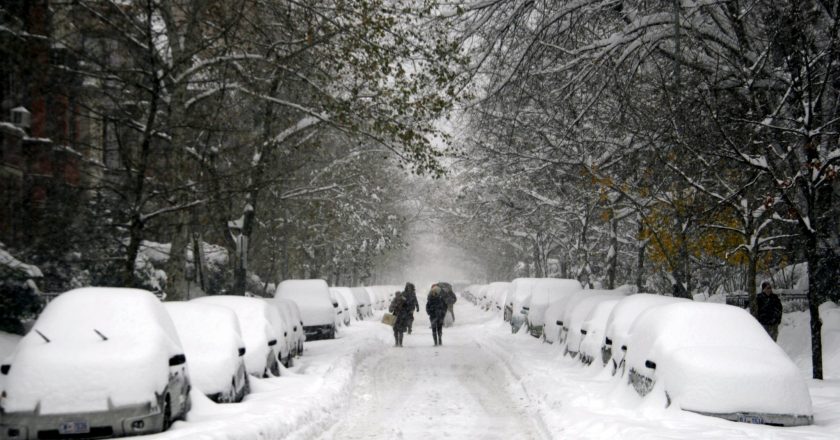
Snowmageddon Redux
Six years after the Snowmageddon of 2010 buried the Washington DC area in up to 30 inches of snow, another major winter storm is poised to unload upwards of 30 inches of snow in the US capital, while threatening the Atlantic seaboard with hurricane-level storm surge.
Climate change is fueling the destructive power of this storm. Global warming increases ocean heat content, which increases the energy and moisture available to storms. It also increases the heat in the atmosphere, allowing the air to hold and dump more precipitation, and it causes sea level rise, which allows storm surge to ride on higher seas.
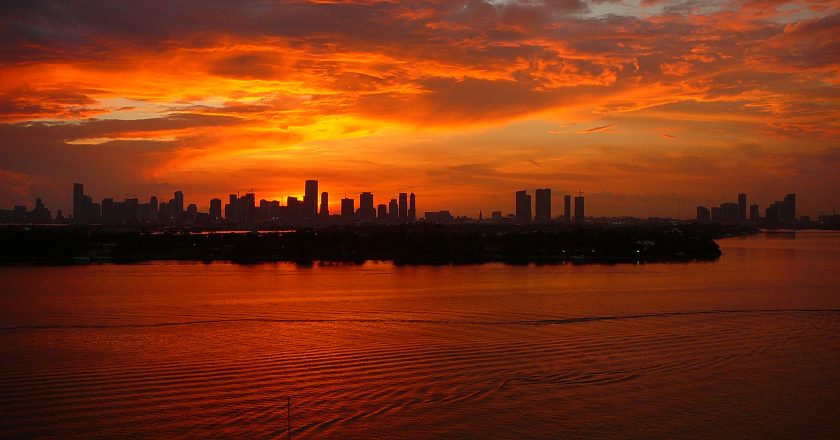
Climate change and El Niño fueled 2015’s record heat
2015 is the second of two back-to-back record hot years, and scientists say the record heat’s primary cause is climate change. During 2015, the average temperature across global land and ocean surfaces was 1.62°F (0.90°C) above the 20th century average. This was the highest among all years in the 1880-2015 record, surpassing the previous record set in 2014 by 0.29°F (0.16°C). This is also the largest margin by which the annual global temperature record has been broken.
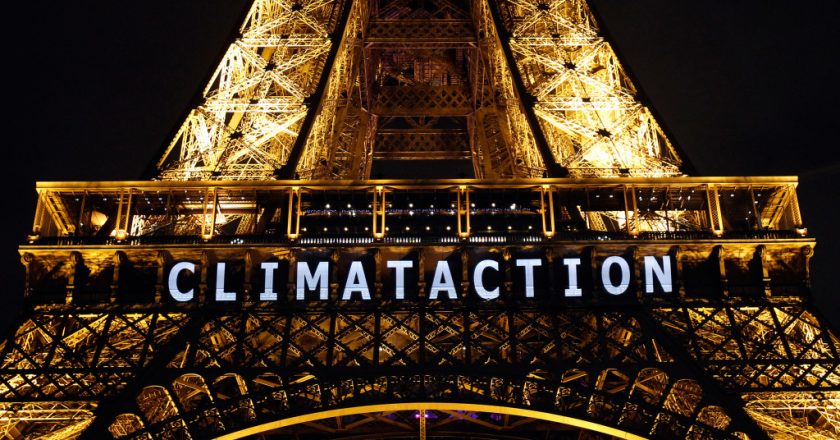
Experts React to Historic Paris Climate Agreement
National security leaders, faith leaders, business and economic leaders, public health and medical professionals, scientists, policy experts and local lawmakers welcomed the announcement of the Paris Agreement.
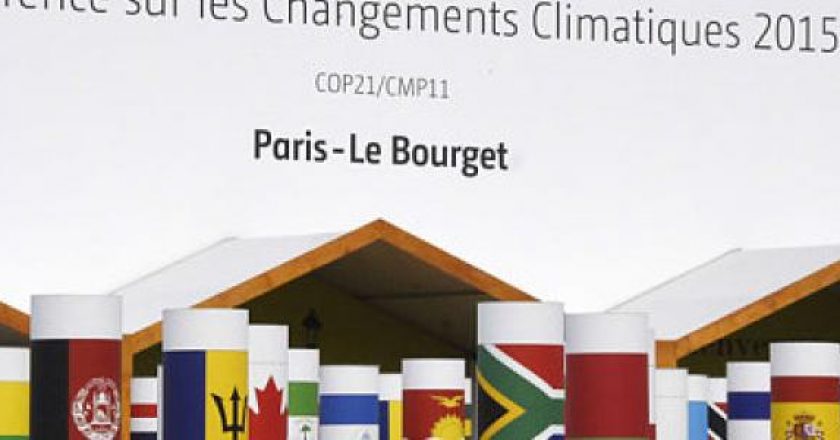
Historic Climate Agreement Finalized in Paris
The final two-part agreement is 31 pages, down from the 86 pages agreed to last February in Geneva. The agreement consists of two parts: a formal text (11 pages) that houses the durable provisions and principles of the accord, known …

Myths and Facts about COP21, the Paris Climate Agreement
Here are a number of resources that debunk common myths about the Paris climate agreement
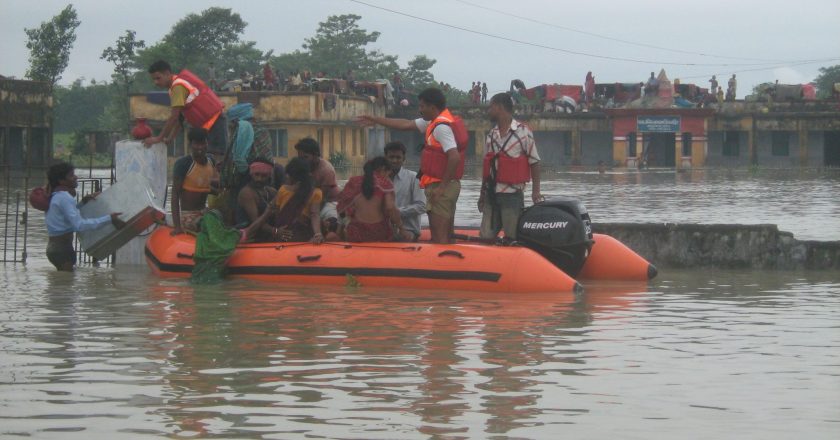
Record rains ravage Chennai
India’s increase in extreme precipitation events in recent decades is likely tied to climate change. Following Southern India’s wettest November in more than 20 years, December 2015 began with a new round of extreme precipitation that inundated the city of Chennai. While November and December are typically very wet, the rainfall and flooding of 2015 were exceptional.
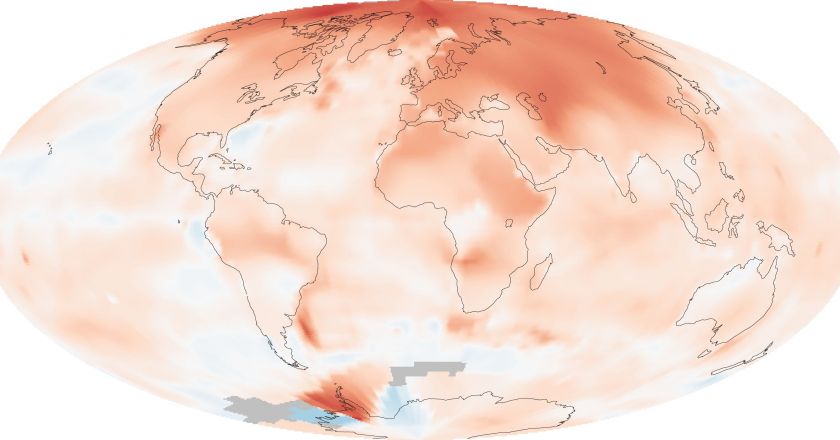
Tracking Climate Change
In a stable climate, the ratio of new record highs to new record lows is approximately even. However in our warming climate, record highs have begun to outpace record lows, with the imbalance growing for the past three decades. This trend is one of the clearest signals of climate change that we experience directly.
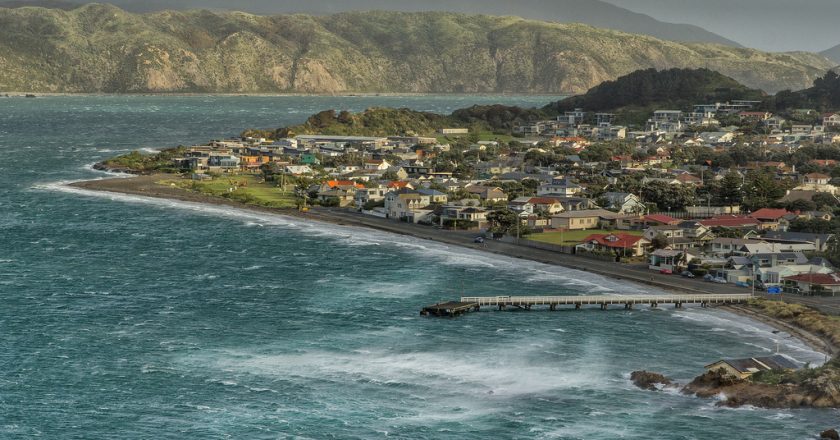
Loss and Damage
There are limits to adaptation. Some climate impacts are already exceeding the the abilities of affected populations to adapt, causing loss and damage. The question of how to address these losses and damages is a key issue in the international negotiation process.

Athletes Fall to Heat Stress at US Open – How Global Warming is Changing Sports
Climate change-related heat stress a harsh opponent as athletes collapse at US Open—extreme heat and humidity retires 10 players as warming leaves a mark on American sports
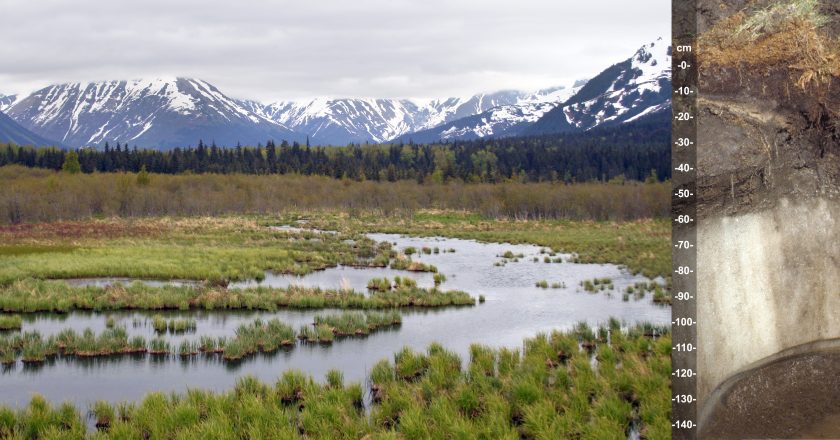
Alaska: Climate Change Ground Zero
The Earth’s temperature is now increasing faster than anytime in the last 1,000 years. Alaska and the Arctic, temperatures are rising at twice the global rate—more rapidly than anywhere else in the world, making the region ground zero for climate change. The best estimate is that human activity is responsible for all of the observed increase in global temperatures since 1985. The effects of the temperature changes are transforming a once-frozen seascape into an evolving, navigable ocean. These rapid changes occurring in the North have created a new Arctic climate system.

